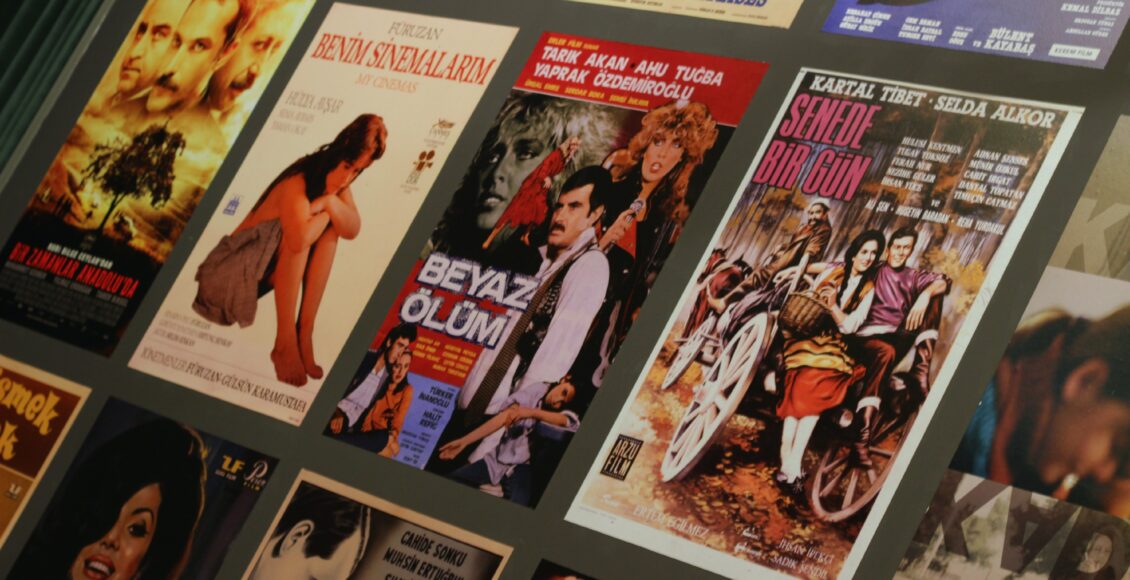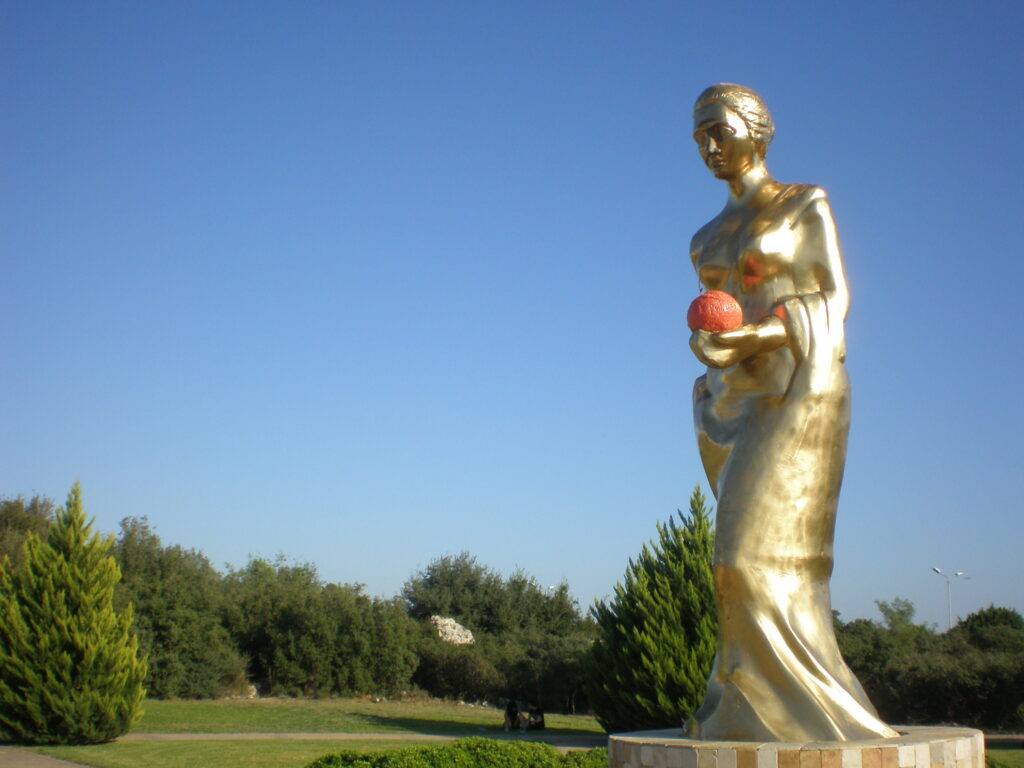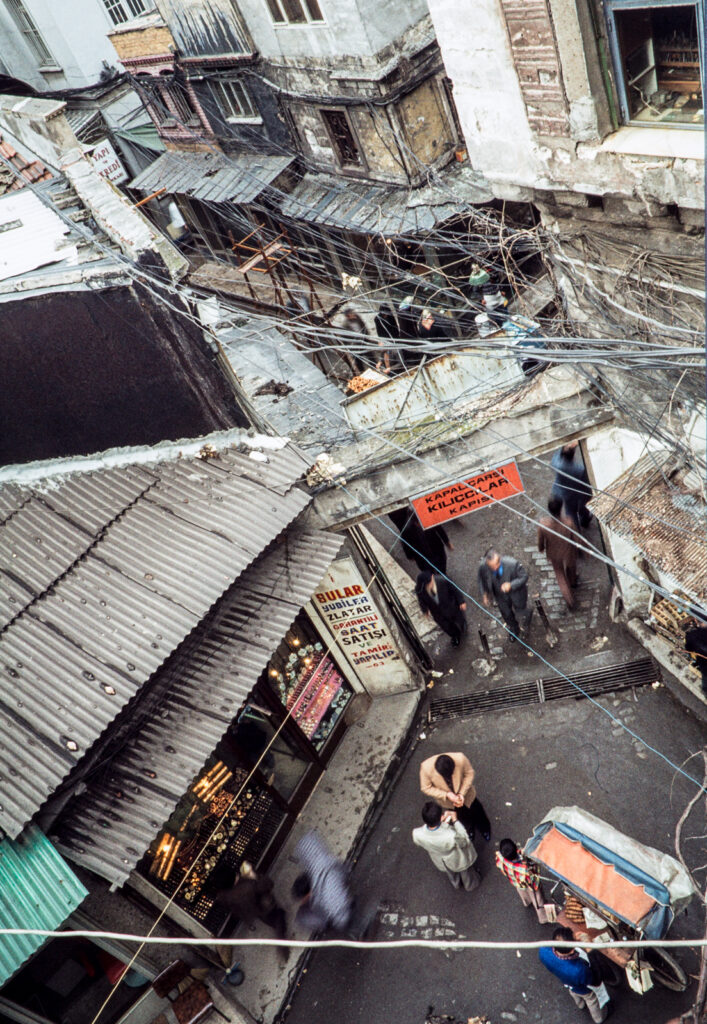Lights, Camera, Censorship: Turkey’s Film Festival Cancellations

After decades of history, another controversy has struck the 60th edition of Turkey’s Antalya Golden Orange Film Festival, and this time, it has resulted in a cancellation of the festival altogether. Hosted by the Antalya Metropolitan Municipality and Turkey’s Ministry of Culture and Tourism, the festival has been central to Turkish cinema, launching the careers of decorated filmmakers and generating the popularity of classic films. However, cancellation is not new to its history. Since its inauguration in 1964, this year will be its third cancellation and its second due to controversy over censorship.
The 2023 Antalya Golden Orange Film Festival
The claims of censorship that riddled this year’s festival began with the removal of The Decree, a documentary which features the lives of a teacher and a doctor after an attempted coup in Turkey on July 15, 2016. As a state of emergency ensued in the coup’s aftermath, they, along with 130,000 other civil servants, were dismissed from their jobs due to Turkish President Tayipp Erdoğan’s accusations that they had connections to the group accused of starting the coup, the Fetullah Terrorist Organization (FETO). However, the public claimed these dismissals were a means for the government to remove political opponents and critics and they protested against their wrongful termination, as is documented in the film.
Initially, the festival director removed this film because it featured an individual who was still in an ongoing trial for their suspected participation in the coup, but its removal garnered accusations of censorship, from parties both involved and uninvolved in the festival. From within the festival, other featured directors and producers withdrew 27 film entries to boycott The Decree’s removal, and members of the jury, who vote on the the award-winners of each film category, also threatened to quit their positions to “reject the approach that looks for incriminating elements in a film and the normalization of censorship.”
As the filmmakers and jurors protested against The Decree’s removal, the festival director reinstated the film once the trial of the featured person ended. Then, the Ministry of Culture and Tourism withdrew their support of the festival, stating, “It is extremely sad that in such an important festival, the power of art is used to make propaganda for the FETO terrorist organization through the perception of victimhood.” The next day, the mayor of Antalya officially cancelled the festival, and the city removed festival posters and signs across the city.

The 1979 Antalya Golden Orange Film Festival
However, the removal of films from this festival is not a new occurrence. In fact, over the festival’s history, documentaries have not been the only genre of films removed. In the 1979 festival, the filmmakers also withdrew their entries due to the Censorship Board’s complete removal or scene deletion of three films.
One of the films, Yusuf and Kenan, is a fictional drama that follows the story of two boys who had to flee Istanbul after witnessing their father’s murder, but once unable to find their uncle to care for them, they become a part of the homeless children in the city.
Although the film was fictional, it reflected Turkey’s unstable state by portraying the real issue of “street children” in Istanbul. The thousands of “street children,” who often resorted to begging and smuggling, were one of the many persisting issues of Turkey’s crumbling political and economic stability in the 1970s.
When Yusuf and Kenan provided this commentary on Turkey’s incapability to care for its citizens, especially vulnerable children, the government’s censorship of the film reflected its lack of transparency. Rather than acknowledging criticism, the Turkish government could minimize the reality of the country’s instability by repressing even fictional pieces of art, which publicized persisting problems. Then, censoring cinema, even at one of the country’s most celebrated film festivals, became a means to preserve an illusion of strength and security in Turkey.
The 2015 Istanbul Film Festival
It is important to note that the Turkish government’s attempt to control creativity and information extends beyond the Antalya Golden Orange Film Festival. In 2015, the Istanbul Film Festival, organized by the non-profit the Istanbul Foundation for Culture and Arts (IKSV), also fell into a censorship controversy over the documentary North.
The documentary follows the daily lives of the outlawed Kurdistan Workers’ Party (PKK) as they share their aspirations for Kurdish cultural autonomy and equality. Although the PKK is an identified terrorist organization whose conflict with Turkey has caused almost 40,000 deaths, the documentary excludes scenes of violence. Instead, it filmed the PKK during the 2013 cease-fire with Turkey and focused on their communal activities across three base camps.
When the Turkish Ministry of Culture and Tourism sent a letter, stating that the film did not have the needed registration, the festival organizers decided to pull the film from the competition. Filmmakers then withdrew their entries in response, arguing the removal of North was censorship.
Featuring the PKK alone could have been reasons for the Ministry of Culture and Tourism’s intervention, but North went farther than only documenting them. With aesthetic cinematography showing their faces and their daily activities, it characterized a violent threat to Turkey as a group of personable individuals. The film’s humanization of extreme opposition and exclusion of their violence, could normalize the presence of less extreme dissent against the government. By removing the film, the government did not only attempt to reduce sympathies towards the PKK, but also limit general opposition.

Censorship of The Decree and other films
Continual film removal coincides with degradation of Turkey’s freedom of expression. From government officials controlling news and advertising in recent years to laws regulating social media in 2020, the government has placed more limitations on freedom of speech and information. Most recently, the 2022 “disinformation law” strengthens these restrictions and criminalizes whatever the government identifies as false information. However, the duality of cinema as both art and information complicates these legalized restrictions as revealed in film festival controversies.
Considering the controversies surrounding Yusuf and Kenan and North, the controversy over The Decree can be seen as a culmination of Turkey’s history of cinema censorship. By filming the aftermath of the 2016 coup, the documentary exposed the state’s instability. The same state that faced hundreds of deaths from the coup also experienced children wandering Istanbul streets and militant groups attacking its borders. The Decree also went beyond criticizing Turkey’s instability to valourizing outright resistance to the state. Characterizing the dismissal of the teacher and doctor, and thousand’s of others, as unjust, and featuring those who publicly protested against it, the film both criticizes the Turkish government and celebrates acts of public protest.
Being a recent documentary, The Decree had more force than the fictional drama of Yusuf and Kenan, exhibiting the state’s corruption after a real coup and not just illustrating a parallel of its failures in a time of instability. Also, its feature of normal citizens’ protest commended forms of dissent, furthering North’s normalization of dissent’s existence. In removing The Decree, the Turkish government attempted to suppress a film which both threatened to deteriorate its control over its own image and encouraged its citizens’ free criticism of it.
Despite the government’s censorship of The Decree and other films, film festivals remain a place of active resistance. Not only do the festivals celebrate creative freedom of the filmmakers, but the pattern of filmmakers and producers withdrawing their films as a response to censorship is an act of opposing their government’s actions; this only draws more media attention to accusations of censorship. Rather than letting one or a few films be removed, Turkish filmmakers continue to share a commitment of standing by artistic freedom.
Edited by Lily Molesky.
Featured Image: “Turkish Cinema Posters” by Richard Ha licensed under CC BY 2.0.
